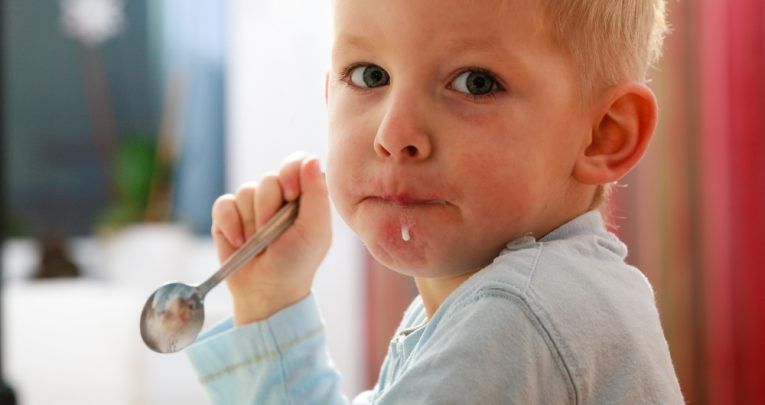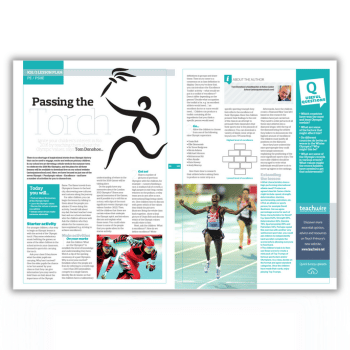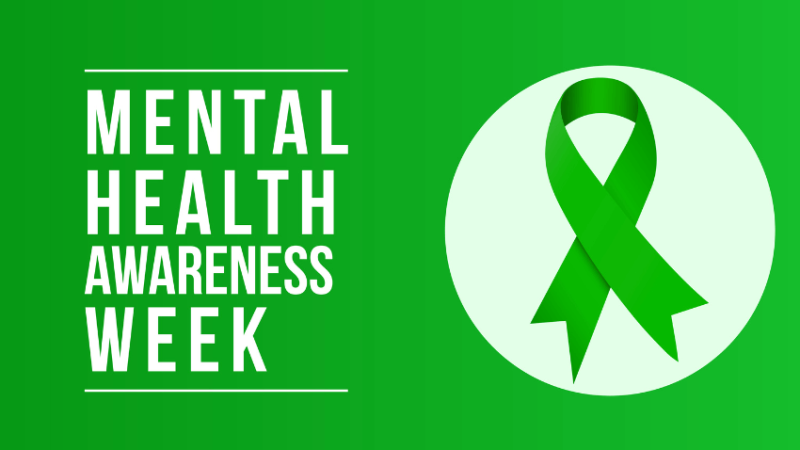Why Do We Not Properly Assess The Quality Of Food Served In Early Years Settings?

Ofsted is failing to take nutrition seriously in its inspections of early years settings, putting children’s health at risk, argues Nigel Denby…

- by Nigel Denby

Early years settings, as we all know, are assessed rigorously by Ofsted. They’re reviewed on standards of education, safeguarding, how they support children with special educational needs, and a whole host of other aspects of their provision.
The assessment criteria for achieving a coveted ‘outstanding’, the dreaded ‘inadequate’ and everything in between, are laid down clearly, and are understood by providers, parents and, to some extent, the wider public. Love it or loathe it, an Ofsted rating is a mark of quality, a benchmark to tell providers (and all importantly, parents) where they sit amongst their peers. It allows settings to see where they excel and where they need to focus their attention on improvements. Yes, a positive rating is incredibly important to the business of childcare – and that’s why it seems so ludicrous that the Ofsted inspection makes an almost token reference to nutrition. The judgement on the quality of food served in childcare is left to the personal opinion of Ofsted inspectors with regards to what’s healthy and what’s not.
The issue
Working on the front line in early years, you’ll be all too aware of the importance of this period in a child’s life. It sees the development of long-term behaviours that can impact all manner of life outcomes. Good nutrition is vital to our children’s growth and development. There is robust evidence that toddlers’ diet has an impact on their adult health, wellbeing and even academic and employment opportunities.
A child’s brain and body will never go through such a dramatic period of growth and development again, and all this growth and development must be fueled by food. The evidence is strong that a good diet with the right nutrients makes for healthy, happy and productive adults, while a poor-quality diet produces malnourished or, in some cases, overweight/obese adults who will be disadvantaged in health, employment and other life opportunities. So why hasn’t Ofsted laid out its criteria to assess this vital area of child development? The value of good nutrition from an early age was formerly acknowledged in 2012, when the Voluntary Guidelines for Food and Drink served in Early Years Settings [PDF] were produced by the then School Food Trust. The guidelines were heralded as, “A nationally recognised source of information about what food and drink should be served to young children to help instil healthy eating habits and tackle childhood obesity”.
They sat alongside the Caroline Walker Trust Guidelines and, of course, the training and guidance developed by Grub4life over the past 10 years. Yet Ofsted chooses to ignore this work, and only refers to the EYFS as the basis for their inspections.
What does the EYFS say?
Within the EYFS document there are four sections where food or nutrition is mentioned. They are:
The areas of learning and development, 1.5, p8 “Physical development involves providing opportunities for young children to be active and interactive; and to develop their co-ordination, control, and movement. Children must also be helped to understand the importance of physical activity, and to make healthy choices in relation to food.”
The early learning goals, Physical development, p10 “Health and self-care: children know the importance for good health of physical exercise, and a healthy diet, and talk about ways to keep healthy and safe.”
Health, Food and drink, 3.47, p26 “Where children are provided with meals, snacks and drinks, they must be healthy, balanced and nutritious. Before a child is admitted to the setting the provider must also obtain information about any special dietary requirements, preferences and food allergies that the child has, and any special health requirements. Fresh drinking water must be available and accessible at all times. Providers must record and act on information from parents and carers about a child’s dietary needs.”
Health, Food and drink, 3.48, p26 “There must be an area which is adequately equipped to provide healthy meals, snacks and drinks for children as necessary. There must be suitable facilities for the hygienic preparation of food for children, if necessary including suitable sterilisation equipment for babies’ food. Providers must be confident that those responsible for preparing and handling food are competent to do so. In group provision, all staff involved in preparing and handling food must receive training in food hygiene.’
There is no formal description or guidance about what constitutes:
• “Healthy choice” • “Healthy diet” • “Healthy, balanced and nutritious meals, snacks and drinks”
As such, Ofsted inspectors must use their professional judgement to assess if a provider is meeting these requirements. And if they need help, the guidance notes for inspectors provide no mention of nutrition or food provision other than this: “[Staff] must also be able to read and understand safety instructions, other instructions, information about the administration of medication and information about food allergies”. (123, pp25–26) Now, we’re not suggesting that Ofsted inspectors need to become dietitians – or, for that matter, expert cooks – but what surely they do need are clear, unambiguous methods of assessing the quality of food served in early years settings and grading this in the same way as the rest of the provision. This may mean that the EYFS needs revising to be much more specific about food and nutrition, and that in turn, Ofsted inspectors receive clearer training about what to look for in their inspections. Food and nutrition is high on the agenda for parents when choosing a childcare setting. Food quality is listed on all the online ‘tips lists’ on what to look for we found for parents choosing childcare. We think food in childcare is too important an issue to either be ignored or assessed using personal opinion. We did ask Ofsted for an interview as part of the research for this feature, but they did not respond to our request. We’d like to hear your experience of whether food was looked at during your Ofsted inspection, whether the experience was good, bad or indifferent. Let’s try to get this changed – together! Please drop me a line and tell me your thoughts at feedback@grub4life.com.
Your role
If children enter full-time childcare at around three months old and stay there until they start primary school, they can expect to eat around 8,200 meals and snacks chosen by the provider. That’s 8,200 opportunities to ensure they get enough:
• Calories to grow within normal parameters on child growth charts
• Iron to avoid iron deficiency anaemia
• Calcium to build and strengthen bones
• Vitamin D to avoid rickets
• Fruit and vegetables to provide the antioxidants needed to ward off cancer, infections and heart disease
• Fibre to ensure healthy digestion, but not too much to fill them up and risk them developing poor eating habits
And 8,200 opportunities to ensure they don’t get:
• Too many empty calories, leading to being overweight or obese
• Too much salt, which puts a strain on the kidneys leading to high blood pressure in adulthood
• Too much sugar to develop dental caries, obesity and increased risk of diabetes
The bottom line is that children in your care often receive more nutrition from their time with you than from their parents. And yet there are very few measures in place to check whether you’re getting it right or not.
Nigel Denby is a registered dietician and founder of Grub4Life; for help and advice about your early years food and nutrition provision, email feedback@grub4life.com or follow @grub4life. Browse resource ideas for Healthy Eating Week.










